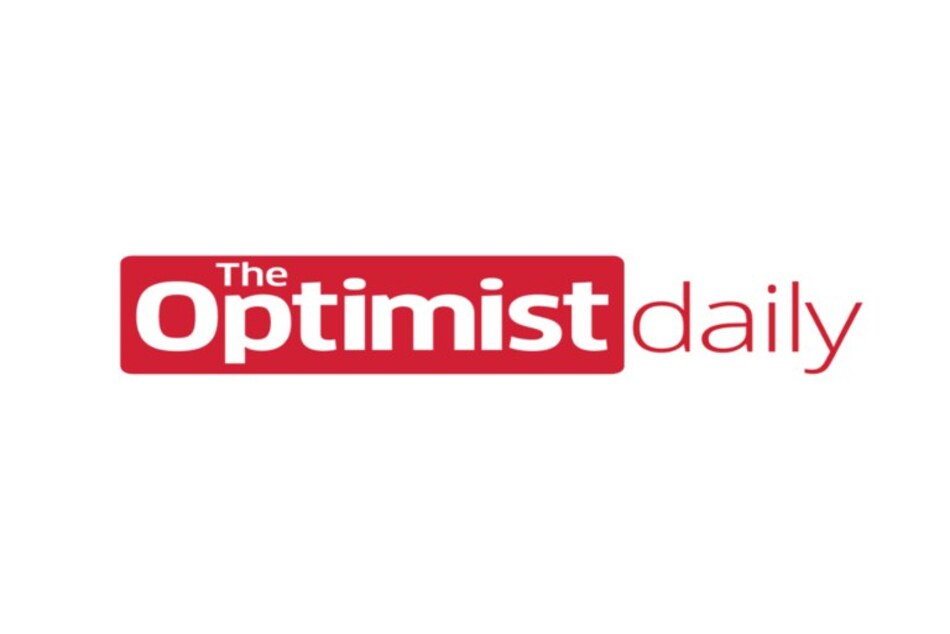Unilever has established new sustainability goals over the past couple of years, but its recent announcement of the creation of its Climate and Nature Fund is its biggest commitment yet to environmental action. The company will invest €1 billion over the next decade in efforts to tackle climate change and deliver on a new goal to ensure net zero emissions across its value chain by 2039.
In addition to this funding, the company said it will pursue partnerships with companies that uphold science-based climate targets and make changes across its value chain to reduce greenhouse gas emissions.
What does this look like? One change is that suppliers are required to declare the carbon footprint of their goods and services while invoicing. The money will also be used to fund a variety of initiatives, including landscape restoration, reforestation, carbon sequestration, wildlife protection, and water preservation projects. It also plans to achieve a deforestation-free supply chain by 2023.
Last year, the company pledged to halve its use of virgin plastic and ensure it collects and recycles more plastic packaging than it sells. These additional measures, combined with environmental funding, provide a model for corporate sustainability.
“Climate change, nature degradation, biodiversity decline, water scarcity — all these issues are interconnected, and we must address them all simultaneously,” said Unilever CEO Alan Jope.












